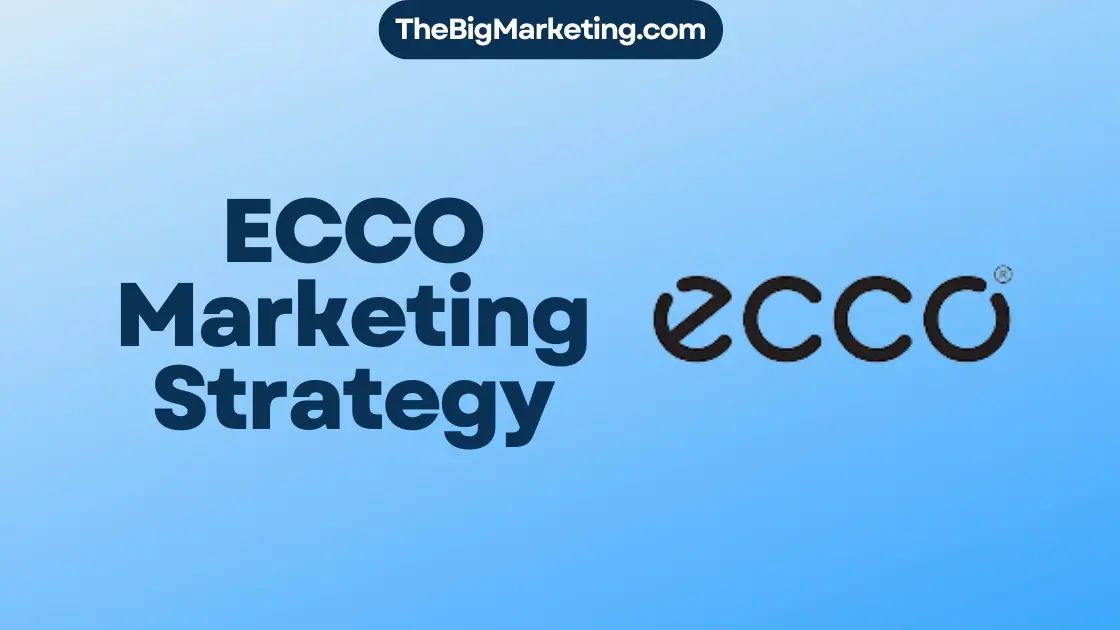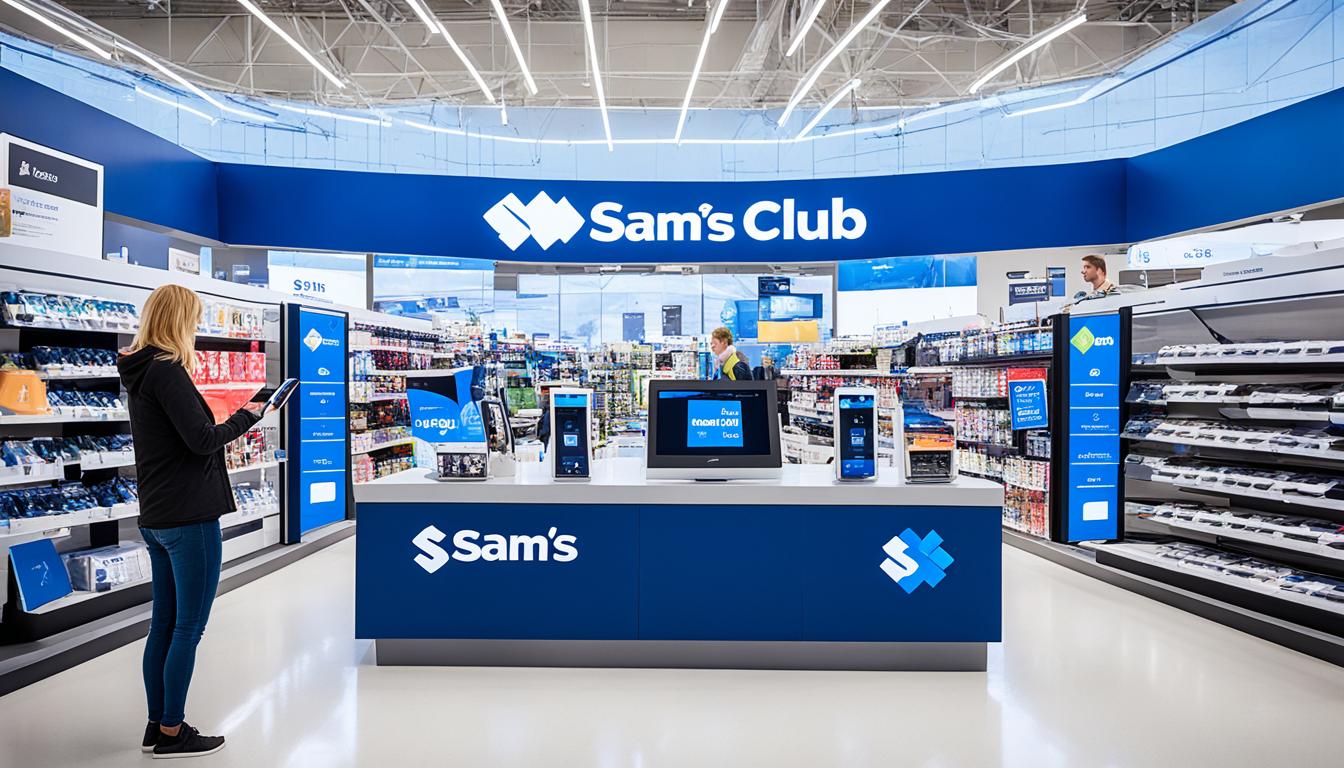Launched in 2008, Dropbox is a widely recognized cloud storage service known for its versatility across platforms. Despite its popularity, many users and businesses are seeking Dropbox competitors in 2024 for various reasons, including cost efficiency, enhanced security, unique features, better free storage options, and superior privacy.
An array of Dropbox alternatives now offer varied advantages that might tip the scales for those looking for services more aligned with their specific needs. This guide seeks to provide a comprehensive review of the best Dropbox alternatives available on the market, highlighting the strengths of different cloud storage competitors and file sharing competitors.
Introduction to Dropbox and its Limitations
Since its establishment in 2008, Dropbox has positioned itself as a leading choice among file sharing services. This cloud storage provider is particularly well-regarded for its ability to store, sync, and share documents across various devices. Despite its popularity, Dropbox has not been free from criticism.
One of the major Dropbox limitations identified by users is its minimal 2GB of free storage in the base version, which may be insufficient for many individuals and businesses. Furthermore, the service has been scrutinized for its lack of zero-knowledge encryption, raising privacy concerns among those who prioritize secure document collaboration.
As demand for more secure and feature-rich business cloud storage solutions increases, users have begun exploring other cloud storage providers. Alternatives touted for their end-to-end encryption capabilities offer better data protection, while some services provide more generous free storage options, catering to the needs of data-intensive operations.
Despite integrating well with Microsoft 365 and Google Workspace, Dropbox’s functionality could be seen as limited without selective sync. The ability to sync only selected files across devices is crucial for many users, and this feature’s absence can be a significant drawback. These shortcomings have led to a growing number of individuals and organizations seeking out other options that better align with their requirements for security, storage capacity, and collaborative features.
Google Drive: A Comprehensive Alternative
Google Drive has emerged as a popular choice for users seeking a versatile and efficient Dropbox alternative. One of its primary strengths lies in its seamless Google Workspace integration, enabling smooth real-time collaboration across various Google services. Users benefit from the ability to sync desktop-to-desktop, ensuring that their files and documents remain consistent and up-to-date across different devices.
Key Features
Google Drive offers several standout features that make it an attractive option:
- Google Workspace integration: Provides a cohesive environment where documents, spreadsheets, and presentations can be effortlessly managed and edited.
- Real-time collaboration: Multiple users can simultaneously edit files, streamlining teamwork and enhancing productivity.
- Sync desktop-to-desktop: Ensures file consistency across all devices, making sure your work is accessible wherever you are.
- Third party app integrations: Broad compatibility with various applications boosts its utility and adaptability to different user needs.
- Ample storage: Starts with 15GB free, expandable through subscription plans to meet varying storage requirements.
Benefits and Downsides
Google Drive’s integration with other Google services provides a unified platform that is particularly beneficial for existing Google users. The real-time collaboration feature transforms the way teams interact, leading to more efficient communication and project management. The ability to sync desktop-to-desktop ensures that work is always current, reducing the risk of data loss or discrepancies.
However, there are some limitations to consider. A Google account is necessary to maximize the functionality of Google Drive, which might be a drawback for those not already invested in the Google ecosystem. Additionally, while the service offers a generous initial free storage, users requiring extensive space might find subscription costs adding up.
Overall, Google Drive stands as a strong, multifaceted alternative to Dropbox, catering to both individuals and enterprises looking for integrated solutions with robust collaboration tools.
OneDrive: Ideal for Microsoft Office Users
OneDrive presents itself as an invaluable tool for users deeply embedded in the Microsoft ecosystem. Particularly esteemed for its seamless Microsoft Office integration, OneDrive offers a suite of robust features tailored to enhance productivity and data security.
Best Features for Office Users
A standout feature of OneDrive is its integration with Microsoft Office, enabling users to collaborate on documents in real-time. With 1TB of storage, users can back up and access their files across multiple devices efficiently. Additional functionality comes with the OneDrive Personal Vault, which provides an extra layer of security for sensitive documents. Document scanning capabilities further enhance user convenience, allowing instant capture and upload of essential paperwork directly into OneDrive.
Limitations
Despite its many advantages, OneDrive does come with some limitations. Foremost is the Microsoft account requirement, as users without an account may find the service less accessible. Additionally, while it integrates well with Microsoft’s suite of products, those relying on non-Microsoft applications might find the integration options less versatile compared to other cloud storage providers.
Dropbox Competitors and Their Unique Advantages
As users search for a secure Dropbox alternative, several cloud storage services have emerged, each providing notable advantages in terms of security, privacy, and affordability. These online storage solutions cater to diverse user requirements, from enhanced data protection to cost-effective storage plans.
Security and Privacy Options
One key factor driving the choice of a cloud storage service is the level of data security and privacy it offers. Services emphasizing zero-knowledge encryption, like Sync.com and pCloud, are gaining traction as secure Dropbox alternatives. This encryption method ensures that only the user can decrypt their stored files, thereby offering robust privacy protections. Additionally, these services feature client-side encryption, adding an extra layer of security for those who prioritize data confidentiality.
Moreover, file versioning is a critical aspect of these secure storage solutions. It allows users to maintain and restore previous versions of their documents, which can be invaluable for data recovery and collaboration purposes. By offering this functionality, these competitors provide a comprehensive approach to data security.
Cost-Effective Solutions
In addition to security, the affordability of a cloud storage service is a significant consideration. Many Dropbox competitors now offer cost-effective cloud storage plans that appeal to both individual consumers and businesses. Services such as Google Drive and OneDrive provide generous free storage allocations, which often exceed the 2GB limit offered by Dropbox. Furthermore, their subscription plans are competitively priced, making it easier for users to access ample online storage without breaking the bank.
These factors collectively underscore the reasons why users are increasingly exploring Dropbox alternatives. Whether the priority is on security measures, such as zero-knowledge encryption, or on budget-friendly pricing, there are multiple cloud storage services available that meet these criteria effectively.
Box: Best for Enterprise Solutions
TechRadar identifies Box as a leading Dropbox competitor, particularly for enterprise solutions due to its robust security measures and high-end collaborative tools. This makes Box an exceptional choice for businesses requiring advanced features for secure file sharing and project collaboration.
Enterprise-Grade Features
Box cloud storage offers enterprise-grade security, providing businesses with features such as password-protected files and automatic file expiration. These tools ensure that sensitive information remains secure and accessible only to authorized users. With such measures in place, Box guarantees that its cloud storage solutions meet the stringent security needs of corporate environments, including those on the Fortune 500 list.
Collaborative Tools
A notable advantage of using Box for project collaboration is its integration capabilities with platforms such as Office 365 and Google Workspace. By utilizing Box cloud storage, businesses can enable secure file sharing and real-time collaboration, enhancing productivity within teams. Additionally, Box account backup ensures that all critical files are stored safely, offering peace of mind regarding data loss. This suite of collaborative tools facilitates seamless communication and cooperation, crucial for the demands of a corporate setting.
iCloud: Ideal for Apple Users
iCloud stands out as a first-rate option among Dropbox alternatives, especially for those embedded within the Apple ecosystem. Offering 5GB of iCloud free storage, it enables users to effortlessly store and sync files across all Apple devices. The seamless Apple ecosystem integration ensures that files, photos, and data are continuously synchronized, enhancing productivity and convenience.
With iCloud, Apple device synchronization is remarkably intuitive. Users benefit from a unified experience, whether they are using an iPhone, iPad, or Mac. TechRadar highlights iCloud’s ease-of-use and inherent compatibility with other Apple services, making it an appealing choice for Apple aficionados. Beyond basic storage, iCloud includes features like automatic backups, device location tracking, and the ability to share files effortlessly with other Apple users, maximizing the advantages of its integration within the Apple ecosystem.
pCloud: Top Choice for Security
When it comes to secure cloud storage, pCloud remains a standout option among Dropbox alternatives. Boasting pCloud security features that prioritize user peace of mind, the service ensures data confidentiality through advanced security measures.
Strong Security Options
pCloud utilizes TLS/SSL encryption to protect data during transfer and adds an extra layer of security with pCloud Crypto, a client-side encryption service that ensures only users can access their files. These features make it one of the most reliable options for encrypted cloud storage.
Storage Plans
Offering a range of storage solutions, pCloud caters to various needs with its free 10GB plan and premium accounts that provide up to 2TB. pCloud security remains consistent across all plans, making it a viable option for anyone seeking secure cloud storage solutions.
Sync.com: Best for Privacy and Security
Sync.com has established itself as a front-runner among cloud storage providers due to its emphasis on privacy and security. Unlike many competitors, Sync.com employs a zero-knowledge encryption service, ensuring that only users can decrypt their data. This robust approach to data protection makes Sync.com security features highly appealing for those who prioritize privacy.
In addition to its unparalleled privacy measures, Sync.com offers versatile storage plans conducive to both individual and business needs. Users can take advantage of private cloud storage, reducing concerns around unauthorized data access. The platform also boasts a comprehensive file versioning system, allowing users to recover previous versions of their documents effortlessly.
Secure file sharing is another hallmark of Sync.com. Users can confidently share files knowing that stringent security protocols safeguard their data. This makes Sync.com a strong contender for those looking for a secure file sharing solution that does not compromise on privacy or usability.
TechRadar emphasizes that Sync.com’s commitment to user data confidentiality sets it apart from other services. Its competitive pricing and expansive storage options further solidify Sync.com’s status as a top Dropbox alternative. With features like 365-day file versioning and robust encryption, Sync.com delivers peace of mind for its users, whether for personal use or enterprise-level storage needs.
Mega: Generous Free Storage and Strong Privacy
Mega has carved out a niche as a robust competitor among Dropbox alternatives, especially admired by users who prioritize privacy and substantial free storage. With Mega cloud storage, the emphasis is not only on ample space but also on data protection.
Privacy Features
One of the key strengths of Mega is its stringent commitment to privacy. Mega incorporates end-to-end encryption, ensuring that user data remains protected from unauthorized access. This private cloud service offers peace of mind by making sure that only users have the decryption keys, reinforcing a high level of data security.
Free Storage
Mega stands out with its generous provision of free storage. At the outset, users receive 50GB of Mega free storage, an amount that significantly exceeds what many other services offer. This substantial allowance enables users to store a vast range of files without immediate concerns about running out of space.
Conclusion
As we wrap up our exploration of Dropbox alternatives, it’s apparent that there are myriad cloud storage options available, each crafted to address specific user needs. Whether you prioritize more generous storage space, enhanced privacy features, seamless platform integration, or cost-efficiency, there is a service tailored just for you. From Google Drive’s robust integration with Google Workspace to OneDrive’s impeccable synergy with Microsoft Office, each alternative stands out with unique strengths.
Box has firmly established itself as the go-to solution for enterprise needs, while iCloud offers unmatched convenience for Apple enthusiasts. For users deeply concerned about data security, pCloud and Sync.com introduce advanced encryption options, emphasizing client-side and zero-knowledge encryption to ensure data remains private and secure. Meanwhile, Mega provides an exceptional amount of free storage, combined with strong privacy protocols, making it an attractive choice for many.
In the final analysis, these alternatives to Dropbox have distinguished themselves through specific features and strengths, continuously enhancing their service offerings to cater to both individual and enterprise users. By comparing these cloud storage providers, users can make informed decisions based on their precise requirements, be it secure file management, online collaboration tools, or comprehensive data privacy considerations. The landscape of cloud storage has never been richer or more tailored to varied needs.







